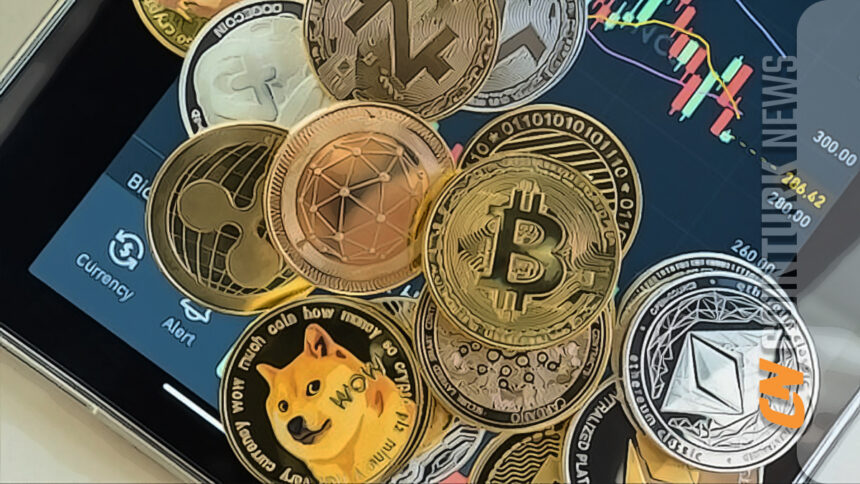Venture capitalists still see potential in Nigeria despite proposed crypto transaction fees. However, according to Ray Youssef, CEO of the financial communication and P2P application NoOnes, government restrictions aimed at stifling the introduction of a free market on peer-to-peer (P2P) platforms could make it difficult for the services they provide to gain momentum. A recent report by the Nigerian Securities and Exchange Commission (SEC) proposed changes to the rules that guide platforms offering crypto services.
A Noteworthy Move in Nigeria
According to the development, it was proposed to increase the registration fee for crypto exchanges from 30 million naira, worth $18,620, to 150 million naira, worth $93,000. Speaking on the matter, Youssef, the co-founder and former CEO of the now-shuttered P2P exchange Paxful, said the increase is an invitation for big crypto companies like Coinbase and others to operate in the Nigerian market.
The government aims to restrict P2P services to address foreign exchange issues and emphasized that exchanges willing to forgo P2P support could operate smoothly in Nigeria. However, this strategy conflicts with the Nigerian crypto market’s strong preference for P2P services and poses a significant barrier for exchanges. Nevertheless, Youssef remains optimistic about Nigeria’s chances to maintain its position in the ecosystem despite the latest regulatory challenges.
Youssef said the government could use the abundance of P2P investors in Nigeria as an asset and act as an ally to crypto stakeholders to understand how to use crypto to the benefit of the country’s economy.

Nigeria and the Crypto Industry
Nigeria is currently the world’s largest P2P crypto market, a status that emerged after the Central Bank of Nigeria banned institutions from buying and selling crypto in 2021. In December 2023, the Nigerian government lifted the 2021 crypto ban, allowing crypto exchanges to apply for licenses in Nigeria.
Commenting on the recent partnership between Gluwa and the Nigerian government to enhance the adoption of the country’s Central Bank Digital Currency (CBDC) eNaira, Youssef said the government could adopt a different approach while promoting CBDC to stimulate local economic growth, provide credit to enthusiastic entrepreneurs, and encourage the younger generation to embrace it.
The Nigerian government frequently clashes with crypto exchanges. Binance suspended operations with the naira on March 8th following the government’s criticisms of crypto exchanges in February. In August 2022, Nigeria was named the world’s most crypto-focused country based on the number of Google searches for cryptocurrency or crypto purchases.

 Türkçe
Türkçe Español
Español









